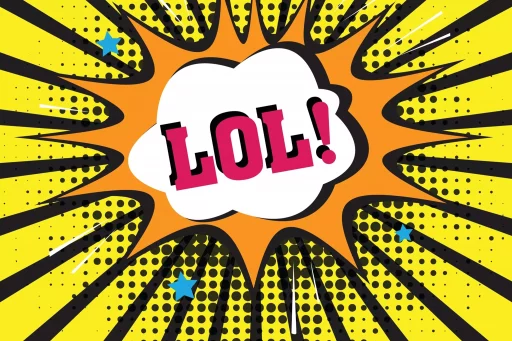Introduction to Bougie
The term ‘bougie’ has made its way into popular culture, especially among younger generations. Often used to describe people or their behaviors, it carries a mix of meanings that can range from endearment to derision. But what does it really mean when someone calls you ‘bougie’?
The Origin of Bougie
The slang term ‘bougie’ has its roots in the French word ‘bourgeois’. In the 19th century, it was used to describe the middle class, particularly those who were perceived to be aspiring to higher status. Over time, bougie has evolved into a descriptor for individuals who live a lifestyle characterized by pretension or excessive materialism.
Contemporary Usage of Bougie
Today, ‘bougie’ is often used in a humorous or ironic way. When someone refers to another person or thing as bougie, they might be pointing out a perceived act of sophistication or pretense that is slightly over-the-top. It’s a way to categorize people who enjoy the finer things in life, but often at the expense of authenticity.
Examples of Bougie in Everyday Language
- “She bought those designer shoes just to show off; she’s so bougie!”
- “Why do you need a $10 latte every morning? That’s pretty bougie if you ask me.”
- “They threw a bougie wedding at that exclusive venue downtown.”
- “His bougie lifestyle includes private jets and luxury cars.”
Case Studies of Bougie Culture
Several cultural phenomena illustrate the concept of bougie behavior. For instance, the rise of social media influencers has created a landscape where showcasing wealth and a luxurious lifestyle is prevalent. Many influencers post pictures of their lavish vacations, extravagant dinners, and designer wardrobes, which can be deemed bougie. A notable example includes influencers like Aimee Song or Danielle Peazer, whose lifestyles reflect high-end consumerism.
Case studies of millennial and Gen Z spending habits often highlight how experiences such as traveling to exotic locations, trying gourmet foods, and engaging in upscale fitness classes can be seen as bougie. For instance, a survey conducted by Mintel in 2020 found that 51% of millennials are willing to spend more on experiences than material possessions, further emphasizing a bougie taste for leisure over necessity.
Statistics on Bougie Spending
According to a report from Allied Market Research, the luxury goods market is expected to reach $382 billion by 2025. This staggering figure echoes the growing trend of bougie culture among consumers, especially among younger demographics. Here’s a breakdown of why this is notable:
- 51% of millennials prioritize experiences over physical goods.
- Over 70% of high-income earners describe themselves or their peers as ‘bougie’ in casual conversations.
- 73% of Gen Z members are influenced by social media when deciding how to spend on luxury items.
Bougie vs. Basic
In conversations about lifestyle, ‘bougie’ is often juxtaposed with ‘basic’. While bougie denotes a sense of luxury and often pretentiousness, basic refers to mainstream, widely accepted tastes that lack uniqueness. For instance, enjoying pumpkin spice lattes might be seen as basic, while purchasing a rare, artisanal coffee might be classified as bougie. Understanding these distinctions can help clarify how cultural perceptions impact consumer choices.
Conclusion
The term ‘bougie’ has developed into a multifaceted descriptor in today’s slang that can reflect both admiration and criticism. From its origins in the bourgeois class to its contemporary connotations of pretension and luxury, ‘bougie’ embodies a cultural statement about class and consumerism. Whether embraced or disparaged, the concept of being bougie continues to evolve as new trends and lifestyles emerge.


